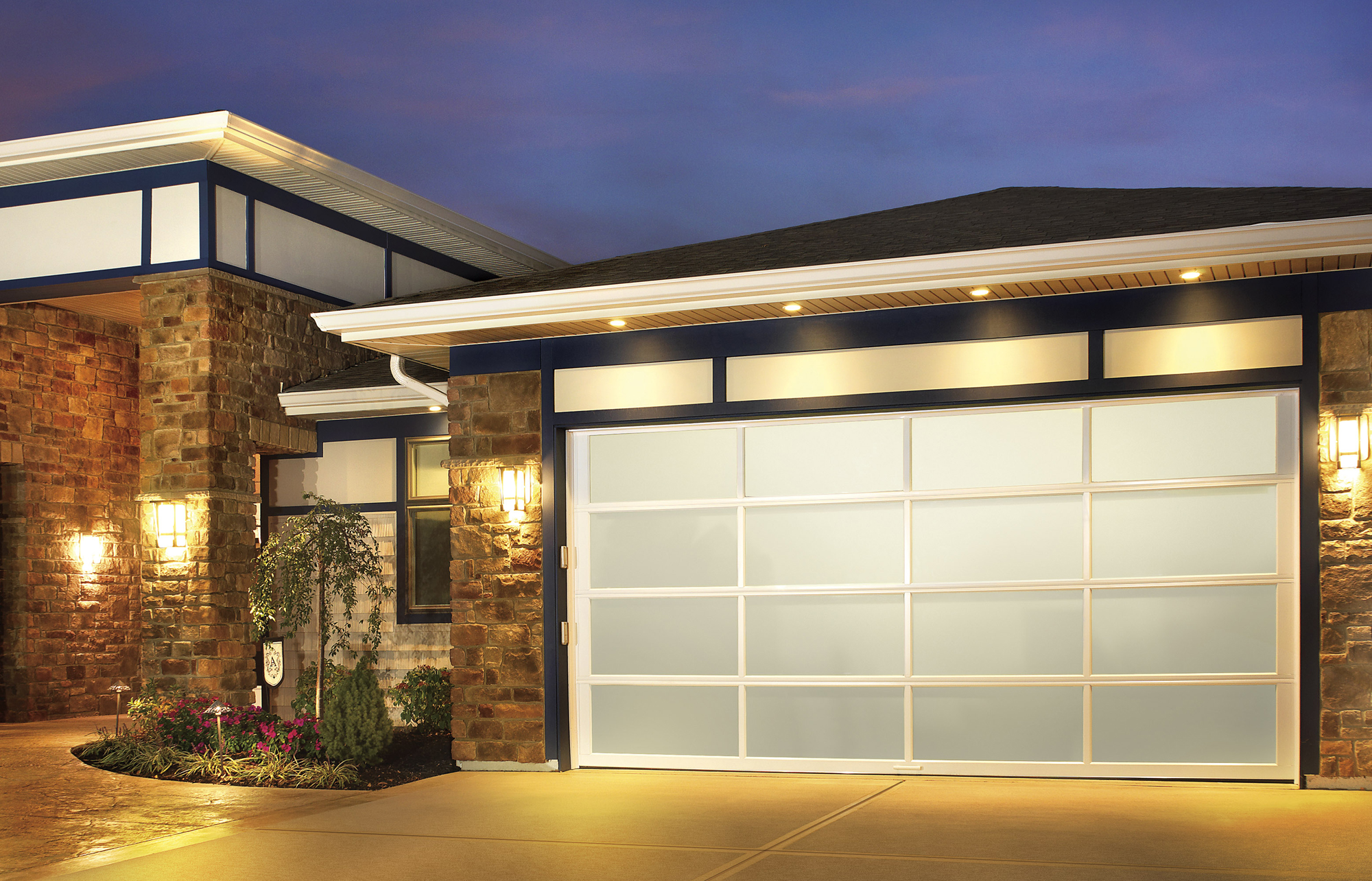Overview of Garage Door Materials When comes
Overview of Garage Door Materials When comes
Blog Article

When it comes to enhancing the functionality and aesthetic appeal of your home, selecting the right garage door material is crucial. The garage door is not only an entry point but also a significant component that contributes to the overall look of your property. Understanding the various materials available and their respective benefits and drawbacks is essential in making an informed choice. This article will guide you through the different materials commonly used for garage doors and the factors to consider during your selection process.
Overview of Garage Door Materials
Garage doors come in a variety of materials, each with unique characteristics that cater to different needs and preferences. The most popular materials include wood, steel, aluminum, and fiberglass. Each of these materials has its distinct advantages and disadvantages, which are worth exploring to help you make the best choice for your home.
Wood
Wood garage doors are known for their classic appeal and natural beauty. They can be customized to fit any architectural style and are available in various wood types, allowing for a range of finishes.
Pros:- Excellent insulation properties
- Customizable with stains and paints
- Aesthetic warmth and charm
Cons:
- Requires regular maintenance, such as painting or sealing
- Prone to warping, cracking, and insect damage
- Generally more expensive than other materials
Steel
Steel garage doors are among the most popular choices due to their durability and strength. They are often available in various designs, including those that mimic the look of wood.
Pros:- Highly durable and resistant to dents and damage
- Low maintenance requirements
- Available in various styles and colors
Cons:
- Can be prone to rust if not properly treated
- May require insulation for energy efficiency
- Less aesthetic appeal compared to wood
Aluminum
Aluminum garage doors are lightweight and resistant to rust, making them a practical choice for many homeowners. They are often available in sleek, modern designs and can be painted or finished to suit your preferences.
Pros:- Resistant to rust and corrosion
- Lightweight and easy to operate
- Available in a variety of styles
Cons:
- Less sturdy than steel; can be more easily dented
- May require insulation for energy efficiency
- Limited color options compared to steel
Fiberglass
Fiberglass garage doors offer a unique combination of durability and aesthetics. They can be designed to resemble wood while offering the benefits of being lightweight and resistant to the elements.
Pros:- Low maintenance and easy to clean
- Resistant to warping and cracking
- Good insulation properties
Cons:
- Can be more expensive than steel or aluminum
- Color can fade over time if exposed to direct sunlight
- Less impact-resistant than steel
Factors to Consider When Choosing a Garage Door Material
When considering garage door material selection, several factors should influence your decision:
- Climate: Consider how weather conditions, such as humidity, rain, snow, and temperature fluctuations, can affect different materials.
- Aesthetics: Choose a material that aligns with your home’s architectural style and personal taste.
- Maintenance: Evaluate how much time and effort you are willing to invest in upkeep. Some materials require more maintenance than others.
- Budget: Determine your budget for a garage door, including installation costs, and factor in the long-term investment associated with each material.
Ultimately, the choice of garage door material significantly impacts your home’s appearance, security, and energy efficiency. By understanding the pros and cons of various materials and considering relevant factors, you can make a well-informed decision that meets your needs. For further information and assistance in selecting the ideal garage door material for your home, visit Goldie Garage Doors for expert guidance and options tailored to your preferences.
Report this page